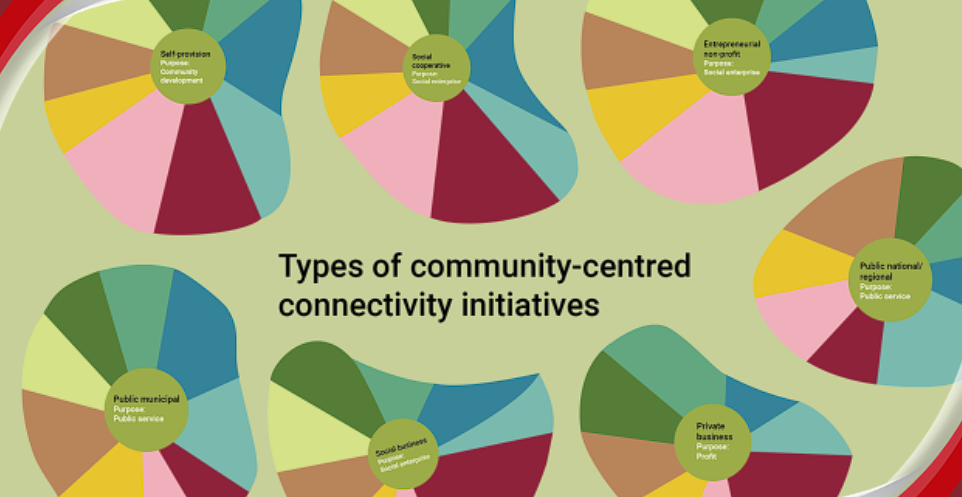Articles
DSF partners with Harambee to mitigate digital skills crisis
-
6 months ago
The Presidency has identified an acute shortage of skilled workers as one of South Africa’s biggest impediments to economic growth. Not only does this reality limit job creation and push foreign investors to consider moving their money elsewhere, it also forces local businesses to develop creative strategies to access the skills they so desperately need.
This is why DSF has collaborated with Harambee Youth Employment Accelerator, a not-for-profit social enterprise that uses technology as a tool to enable work seekers to access earning and learning opportunities through a platform called SA Youth. With a network of over 4 million young people, Harambee collaborated with Digital Solution Foundry (DSF) to help them access the right talent with the relevant technical skills to augment the Harambee team and develop and maintain the SA Youth Mobi site.
According to Trish Modrakowski, DSF technical project manager, this was one of the key drivers behind DSF’s longstanding relationship with Harambee Youth Employment Accelerator. Harambee required additional software developers, data engineers and testers to augment their current team and DSF had the correct senior skills to assist.
“It's really about resourcing – helping them connect with the right resources, at the right time,” Modrakowski says. This, she adds, is particularly relevant when Harambee is doing work in areas where it lacks specific skills. “By partnering with DSF, they easily connect with different members of our team who have the talent they need to implement technical projects more effectively,” she adds.
“As somebody who is constantly hiring in the digital market and looking for good people, we have seen that there really is a shortage of experienced staff. Being able to reach out to a partner that can help us in those times when we don't have the skills you require is essential,” says Hanlie de Bod, Chief Information Officer of Harambee. This approach is perfectly suited to Harambee’s business model, which supports young work seekers with work seeker support and access to work opportunities on a zero-rated platform, she says, explaining that Harambee has permanent staff who work with them towards their longer-term goals, as well as external short-term service providers who help the business keep up with the ever-changing technology landscape. “In this industry, things move really fast, which makes it difficult to keep your skills up to date, especially if you have a big team. Having a partner that has a deeper base of resources is a must if you want to get the right skills at the right time.
“This partnership isn't only about accessing talent,” De Bod points out. The DSF team has been instrumental in the development of the sayouth.mobi platform, a space where young unemployed South Africans access work and training opportunities. Today, there are over 4 million registered young people on the SA Youth platform, which has the tech backbone needed for up to 100 000 people to log in and search for job opportunities at the same time. “Providing a site that is stable and reliable has been a huge achievement for us,” she says. “We’re really proud of our SA Youth platform and DSF has played an integral part in building and maintaining it.”
Both Harambee and DSF champion a learning culture; investing in entry-level youth – many of which have no work experience whatsoever – and helping them grow their skills. By mentoring young people and giving them the opportunity to work on real client projects, Harambee and DSF are playing their part in trying to alleviate the skills crisis. “The problem in the digital market is that people only want to hire people with experience, and they don’t want to invest in upskilling and mentoring people because they feel it takes too much time. However, we know that young people are worth the investment, increasing productivity and retention rates for businesses in the long term. I believe that it's everybody's responsibility to nurture young talent and play their part in growing our young people.”
Looking back, De Bod believes the two businesses have worked so well together because everyone is determined to succeed together. “Our pain is their pain; our priorities are their priorities. When we have a crisis, we know we can call on them. I believe that’s what makes a good partnership,” she says. “While we do use DSF for resource augmentation, it's never about a body in a seat. The DFS team really cares about what they are doing, which is very important to us.”
Related Articles Posts
Categories
Popular Post
-
 SA’s IT spend to outpace GDP growth 1 year ago
SA’s IT spend to outpace GDP growth 1 year ago -
 Vodacom, Netstar launch free in-taxi Wi-... 1 year ago
Vodacom, Netstar launch free in-taxi Wi-... 1 year ago -
 South Africa under pressure to fill cybe... 1 year ago
South Africa under pressure to fill cybe... 1 year ago -
 Organisations with a strong employee val... 1 year ago
Organisations with a strong employee val... 1 year ago -
 Joint policy-in-action event highlights... 1 year ago
Joint policy-in-action event highlights... 1 year ago -
 Boost your digital transformation journe... 1 year ago
Boost your digital transformation journe... 1 year ago








